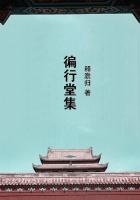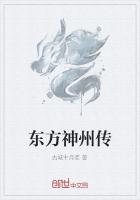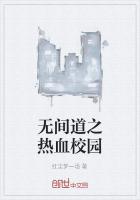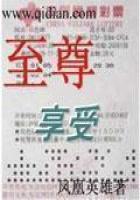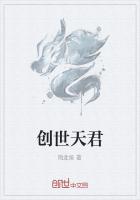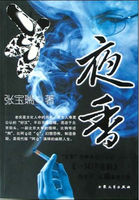The signs of the times, Mr. Southey tells us, are very threatening. His fears for the country would decidedly preponderate over his hopes, but for a firm reliance on the mercy of God. Now, as we know that God has once suffered the civilised world to be overrun by savages, and the Christian religion to be corrupted by doctrines which made it, for some ages, almost as bad as Paganism, we cannot think it inconsistent with his attributes that similar calamities should again befal mankind.
We look, however, on the state of the world, and of this kingdom in particular, with much greater satisfaction and with better hopes. Mr. Southey speaks with contempt of those who think the savage state happier than the social. On this subject, he says, Rousseau never imposed on him even in his youth. But he conceives that a community which has advanced a little way in civilisation is happier than one which has made greater progress. The Britons in the time of Caesar were happier, he suspects, than the English of the nineteenth century. On the whole, he selects the generation which preceded the Reformation as that in which the people of this country were better off than at any time before or since.
This opinion rests on nothing, as far as we can see, except his own individual associations. He is a man of letters; and a life destitute of literary pleasures seems insipid to him. He abhors the spirit of the present generation, the severity of its studies, the boldness of its inquiries, and the disdain with which it regards some old prejudices by which his own mind is held in bondage. He dislikes an utterly unenlightened age; he dislikes an investigating and reforming age. The first twenty years of the sixteenth century would have exactly suited him.
They furnished just the quantity of intellectual excitement which he requires. The learned few read and wrote largely. A scholar was held in high estimation. But the rabble did not presume to think; and even the most inquiring and independent of the educated classes paid more reverence to authority, and less to reason, than is usual in our time. This is a state of things in which Mr. Southey would have found himself quite comfortable; and, accordingly, he pronounces it the happiest state of things ever known in the world.
The savages were wretched, says Mr. Southey; but the people in the time of Sir Thomas More were happier than either they or we.
Now we think it quite certain that we have the advantage over the contemporaries of Sir Thomas More, in every point in which they had any advantage over savages.
Mr. Southey does not even pretend to maintain that the people in the sixteenth century were better lodged or clothed than at present. He seems to admit that in these respects there has been some little improvement. It is indeed a matter about which scarcely any doubt can exist in the most perverse mind that the improvements of machinery have lowered the price of manufactured articles, and have brought within the reach of the poorest some conveniences which Sir Thomas More or his master could not have obtained at any price.
The labouring classes, however, were, according to Mr. Southey, better fed three hundred years ago than at present. We believe that he is completely in error on this point. The condition of servants in noble and wealthy families, and of scholars at the Universities, must surely have been better in those times than that of day-labourers; and we are sure that it was not better than that of our workhouse paupers. From the household book of the Northumberland family, we find that in one of the greatest establishments of the kingdom the servants lived very much as common sailors live now. In the reign of Edward the Sixth the state of the students at Cambridge is described to us, on the very best authority, as most wretched. Many of them dined on pottage made of a farthing's worth of beef with a little salt and oatmeal, and literally nothing else. This account we have from a contemporary master of St. John's. Our parish poor now eat wheaten bread. In the sixteenth century the labourer was glad to get barley, and was often forced to content himself with poorer fare. In Harrison's introduction to Holinshed we have an account of the state of our working population in the "golden days," as Mr. Southey calls them, "of good Queen Bess." "The gentilitie, "says he, "commonly provide themselves sufficiently of wheat for their own tables, whylest their household and poore neighbours in some shires are inforced to content themselves with rye or barleie; yea, and in time of dearth, many with bread made eyther of beanes, peason, or otes, or of altogether, and some accrues among. I will not say that this extremity is oft so well to be seen in time of plentie as of dearth; but if I should I could easily bring my trial: for albeit there be much more grounde cared nowe almost in everye place then bathe beene of late yeares, yet such a price of corne continueth in eache towne and markete, without any just cause, that the artificer and poore labouring man is not able to reach unto it, but is driven to content him self with horse-corne." We should like to see what the effect would be of putting any parish in England now on allowance of "horse-corne." The helotry of Mammon are not, in our day, so easily enforced to content themselves as the peasantry of that happy period, as Mr. Southey considers it, which elapsed between the fall of the feudal and the rise of the commercial tyranny.






